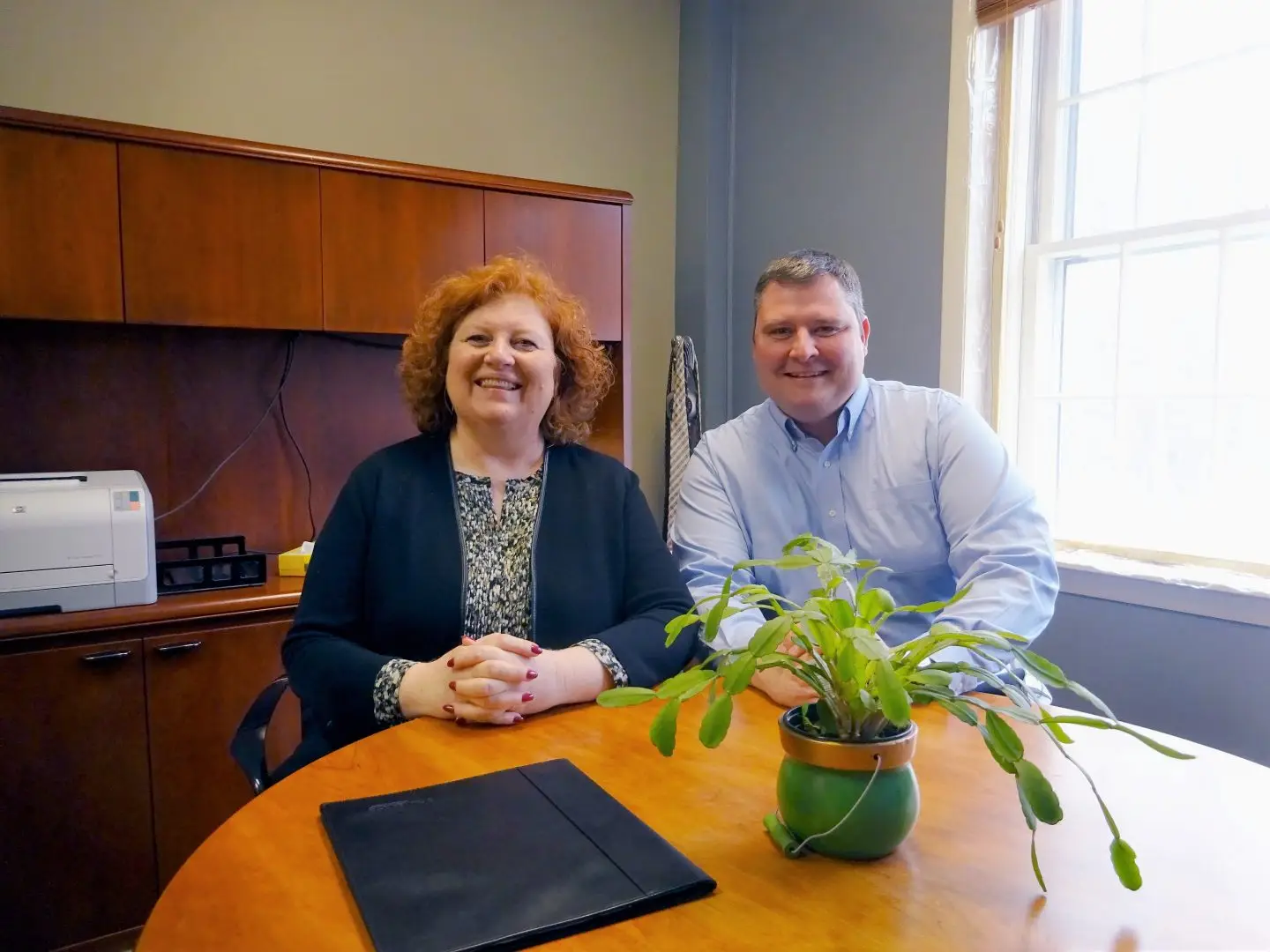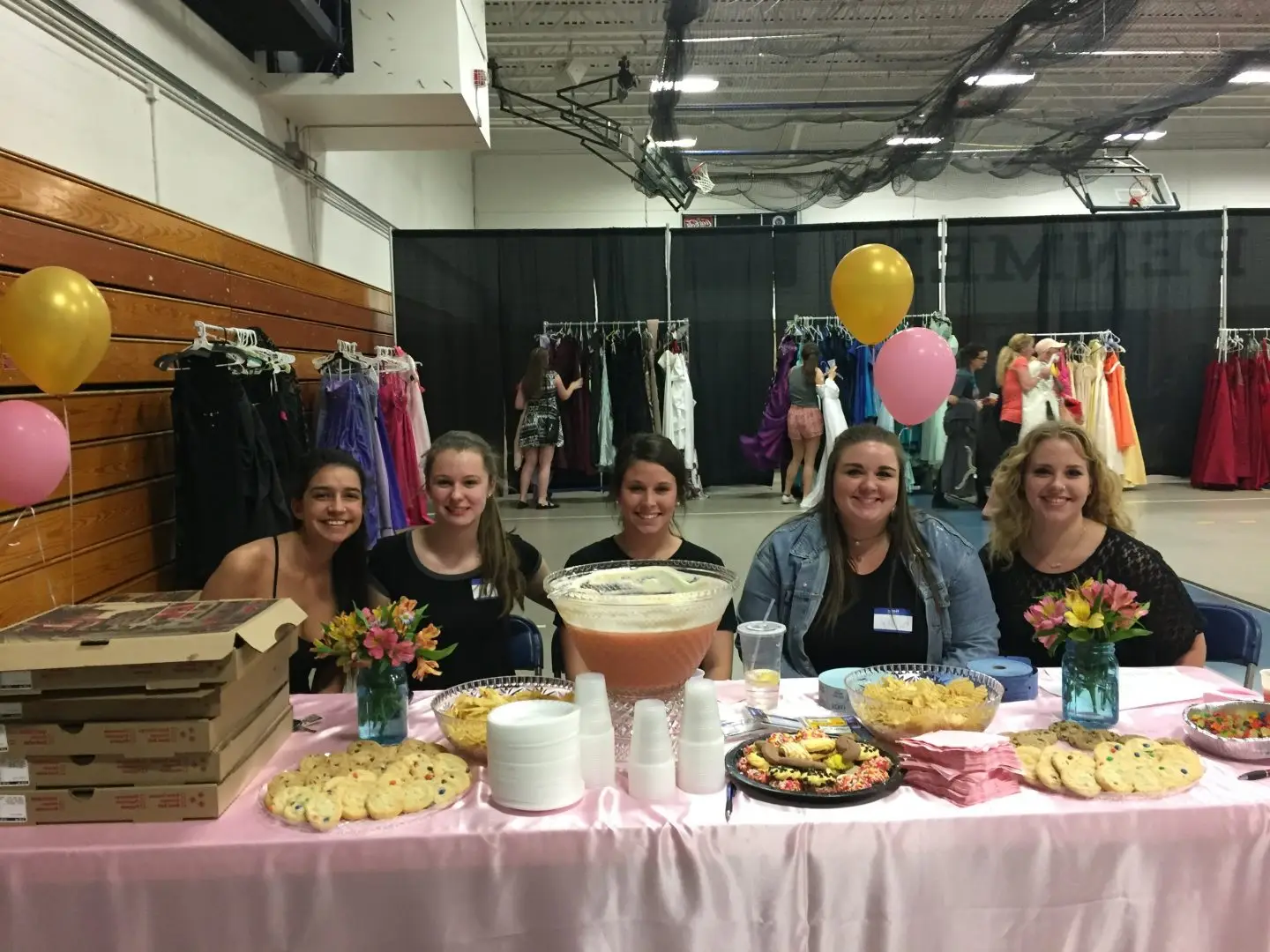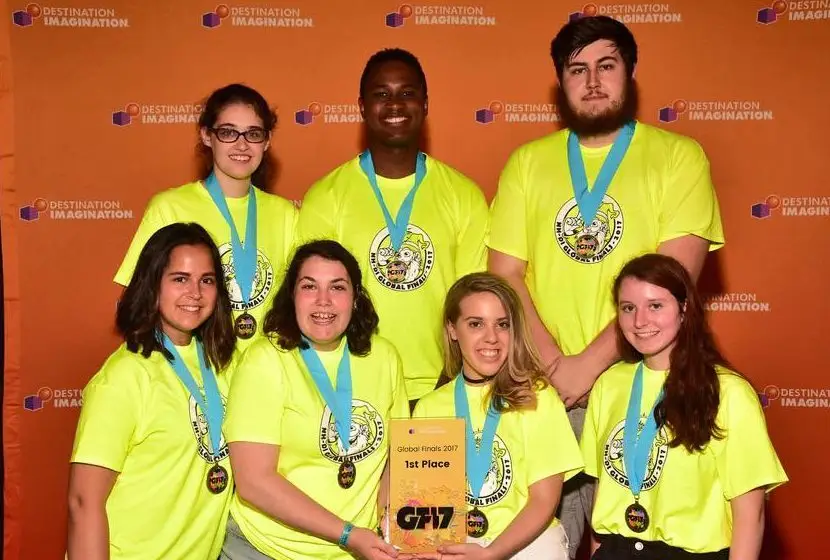SNHU is set to change its dining vendor to American Dining Creations (ADC) after fourteen years with Sodexo. Dean of Students, Dr. Meagan LaMarca, sent an email to the SNHU community on February 2 informing the student body of the decision. The email gives a rundown of the new organization and why the change was made.
“This new partnership is the result of a long, complex process to review our dining services experience, which all started with your feedback. I would like to especially thank the student representatives who joined our professional staff over the last year, committing their time and energy to researching options, visiting other schools’ dining centers, and sharing detailed, thoughtful feedback,” said LaMarca in the email.
The change in vendors is the product of a process in which the university took bids from dining companies. The process was spearheaded by Sue Elsass, Associate Dean of Student Affairs and Campus Initiatives, and Heather Lorenz, Vice President of Student Affairs and Campus Initiatives. During the process, Elsass and Lorenz tested out the dining options at other universities with the help of students in the SNHU community. SNHU made sure to remain consistent with best practices and sought out bids for the betterment of the student body.
“For an institution where the student experience is high on the priority list, I would always go out to bid for something that was this big. Most things are under contract for three, four, or five years, but a dining contract is usually longer,” said Lorenz. “Regardless, even if this situation was top notch, it would be responsible to go out to bid to make sure what we had was meeting the student [expectation].”
With an emphasis on the student experience, making a decision this large wasn’t one that the university wanted to make without gathering the perspective of the students. After receiving feedback, SNHU decided it was time for a change.
“The student feedback, of course, was taken into consideration with the decision,” said Lorenz. “…we started to see student feedback in different avenues, whether it be Sue [Elsass]’s space, social media, annual surveys, etc. Anytime there’s something a student needs to say, we’re going to listen to it and if it’s appropriate to make a change, we are certainly going to do that.”
With the new vendor, students can expect to have multiple brand options on campus. There will be a Dunkin’ Donuts on campus, as well as an Einstein’s Bagels which will feature a late-night option. Additionally, Starbucks will remain an option at select locations on campus.
“We will still serve Starbucks at a few of the locations; Webster Hall and the café in the library. Dunkin’ Donuts will be here…and we’ll have Einstein’s Bagels,” said Lorenz. “I think the [Einstein’s Bagels] is proposed [to be open] until 10 P.M.”
In a world that shifted due to COVID-19, the mindset of students and what they expect in a college experience was something to be handled delicately.
“Pre-pandemic, we had a good pulse on all things [regarding] the student experience. Then, post-pandemic, everything got more complicated,” said Lorenz. “Things changed; student’s needs, desires, and interests changed…we needed to make sure that we responded to that, and this [change] was a part of that. Students came back [post-pandemic] with a higher level of expectation.”
Society today focuses on bettering the planet and finding unique ways to help our environment, and ADC as an organization prioritizes that focus. Included in that will be the introduction of an indoor “micro-farm” in the Dining Center.
“There are so many things, which is one of the reasons why this company was selected. What you’ll see from them is an intentional social responsibility and sustainability plan, which is cool, and students are really jazzed about sustainability and locally sourced products. [ADC] is going to create an indoor ‘micro-farm’ inside the Dining Center where they will produce their herbs,” said Lorenz.
In addition to sustainability, ADC also brings a variety of unique ideas to its services. According to Lorenz, ADC is focusing on a comprehensive social responsibility plan. This plan would focus on food waste, composting, recycling, disposable service wares, eco-friendly products, and local suppliers, among others.
“We like the creativity that they have; they bring a lot of cool concepts,” said Elsass. “The other thing is that they are smaller, more regional, [and] privately owned, and that brings a nice benefit to it. We are moving from a big national company that served us well [Sodexo], but we’re excited to work with a company that might be a little nimbler and more flexible.”
Many students value the connections they have with Sodexo employees, and the new vendor is open to retaining those employees.
“[ADC] is very interested in keeping employees that would like to stay….The employees will have the choice; they can either interview and go to a Sodexo account or ADC has three different presentations that they will give to employees to recruit them to stay,” said Lorenz.
The meal plan format is still up for discussion but will be agreed upon soon. The university is choosing between two different options for the next school year.
“We’re going to do one of two things; option one will be like [the plan] that you have now, which is an a la carte meal plan where you pay for what you eat. Option two is what is called a ‘membership meal plan.’ This plan is cool, and we had never heard of it; we were skeptical at first because it sounds too good to be true. It would be one meal plan price for all students; you can eat wherever and whenever, and you don’t have to pay…we will be going to this plan [eventually], we just don’t know if it will be in year one or year two,” said Lorenz.
The price of the plans will, likely, be decided within the next week and will focus on student needs and affordability.
“The price of the membership meal plan [hasn’t been finalized] but would be cheaper than our most expensive meal plan, currently,” said Lorenz. “…for us, it’s about access and affordability. The business model must make sense for both SNHU and ADC for us to consider it…with this new model, it removes the complexity of a meal plan and allows more flexibility for the student body. We believe students will see great value in this new type of meal plan.”
With the SNHU community eager for change, ADC is ready to take over and provide students with a variety of options, while also prioritizing the student body.
“[ADC] wants to take care of the staff first,” said Elsass. “They want to take care of people first, which speaks to who they are for a company.”




